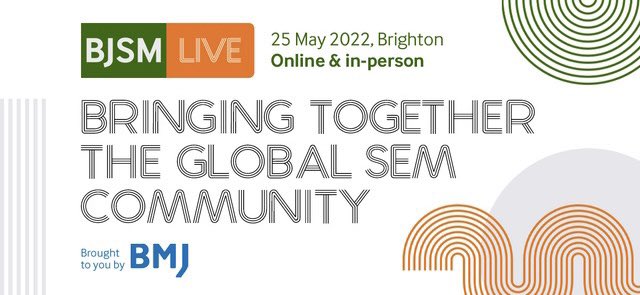We should have more conversations about how we're #really doing. Several people have asked me "how are you?" this week and I alwasy automatically reply "I'm good, how are you"
Lol but I'm actually not good, today. I'm tired, I miss my family, I wanna go home, I feel unmotivated.
And that's okay. Giving myself the space and grace to feel how I feel. Good and bad days are normal <3.
And that's okay. Giving myself the space and grace to feel how I feel. Good and bad days are normal <3.
Just remember, we're in multiple pandemics y'all. Be kind to yourself.
(And even if there were no pandemics, still be kind to yourself. Your feelings are valid).
(And even if there were no pandemics, still be kind to yourself. Your feelings are valid).
• • •
Missing some Tweet in this thread? You can try to
force a refresh









